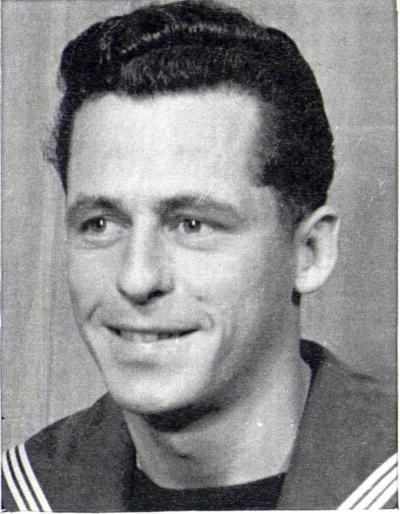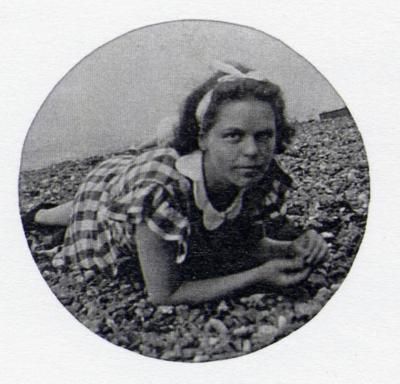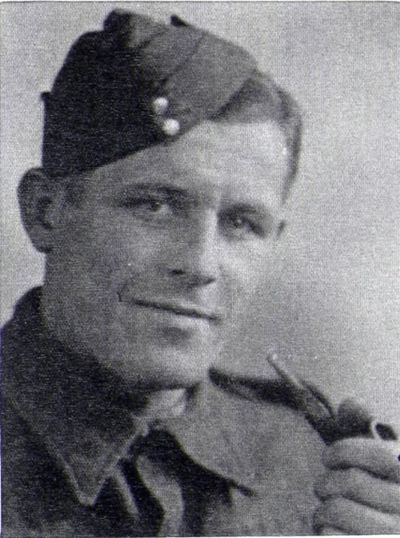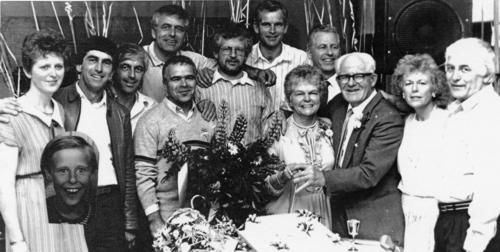My Old Teynham

"Barry W J Knell"
I know how difficult it is to produce a magazine and fill it with items of interest in every edition; the next publishing date soon sneaks up on you. The people who produce the Teynham News and its associated web site do a good job and it was a couple of items they produced that caught my interest. I submitted an article in reply but did not wish to over do it and be a bore. However Brian said that if I had any other reminiscences of old Teynham he would be pleased to record them… well he asked for it! I decided to just write and he can delete what he doesn’t want or serialise what seems to be turning out as a bit of a tome! Times change and today is for the youth of today, in many years to come they will reminisce about their times, this is about my days.
Where do you start? I suppose you start at the beginning, or what I remember of it. I was born in 1939, that’s over half way through the last century (am I really that old? You don’t notice it 'til you write it down!)
During WWII the Knell family, consisted of Charlie and Molly and at that time their three children (they were eventually to have eleven). We lived at 17 London Road, on the A2 at the top of the hill above and opposite the Dover Castle. The village policeman, PC Cullen I believe it was, lived opposite us, there was a small blue sign fixed to the wall of an ordinary house saying ‘Police’. We had the usual loo at the bottom of the garden and the galvanized bath, which we used once a week, hanging on the wall at the back of the house. We had just the one coal fire in the ‘front’ room, which had an airing cupboard alongside it. We had our weekly bath in front of this fire in the Winter. My paternal grandparents lived in the last house in Orchard View… when it had a view of an orchard! Opposite them was the ‘chalk pit’ where local rubbish was dumped. This is where the old people's flats are now in Baker Close.

"Molly J Cork"
When there were shortages of everything, dad would take us down to the chalk pit with his hand made trailer, and whilst he split cherry trunks with a hammer and wedges and sawed them into logs, we were set to with a sieve sifting the cinders out of the dumped ashes. These were used to bank the log fire up for the night. During the war Dad’s brother, Hector, who was in the Royal West Kents was evacuated from Boulogne, as they could not reach Dunkirk. On arrival at Dover on the destroyer HMS Wild Swan, he found a phone and managed to contact his old boss, Mr Wicks of Tonge Mill, and asked him to let his parents know that he had got back safely. Mr Wicks went to their house in the early hours and threw dirt up to the window to wake them and tell them the news.
At the beginning of the war Dad, being a carpenter was ‘excused boots’ for eighteen months whilst building tank traps and gun emplacements along the coast on Sheppey, this was to counter the expected invasion. Some of these defences still exist at Leysdown. They had a piece of tubing as a gong to sound the alarm and a pit to dive in during raids because the Gerries were apt to machine-gun them on the beach.

"Charles F H Knell"
He then joined the Royal Corp of Signals and luckily, whilst training for D-Day in Lincolnshire, he was involved in an accident and quite badly injured. I say luckily because he might not have made it had he gone over on the day. As it was he was on ‘light duties’ and was on communications at Fort Southwark, Portsmouth and was putting Churchill through to Ike on the night of the invasion, he couldn’t hear what they were saying because as soon as he put them through the conversation was scrambled. He was home convalescing I remember when he came in one day grabbed my brother Dale and I and rushed us out into the London Road. He showed us a doodlebug (V1 flying bomb) which was heading towards London and which had a Hurricane flying alongside it trying to tip it over, his wing was wobbling under the fin of the bomb. They did not appear to be more than a few hundred feet high and you could see the pilot in the plane. You never forgot the noise of a doodlebug as it sounds like a tractor without a silencer. In later years I heard that the pilot through his bravery managed to divert it and it landed on Murston marshes, probably saving many Londoners lives.
I remember also seeing the contrails high up in the sky from the dogfights. Not for nothing was this part of Kent known as ‘Hell Fire Corner’. Long columns of troops were to be seen marching along the A2 through the village towards Dover, for some reason, probably food or the attention the troops gave them, there were always several stray dogs attached to these marching men.

The Knell family
Barry Knell